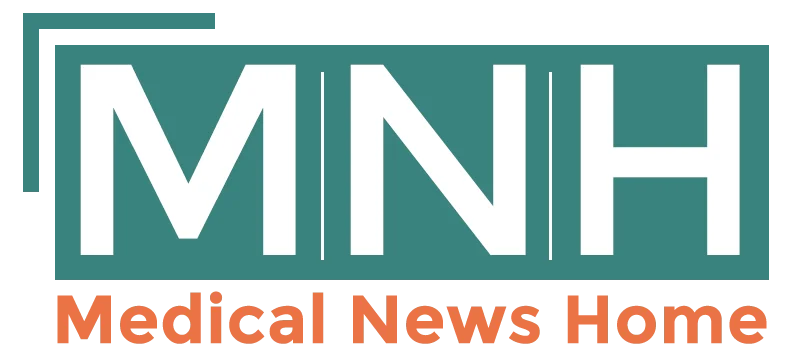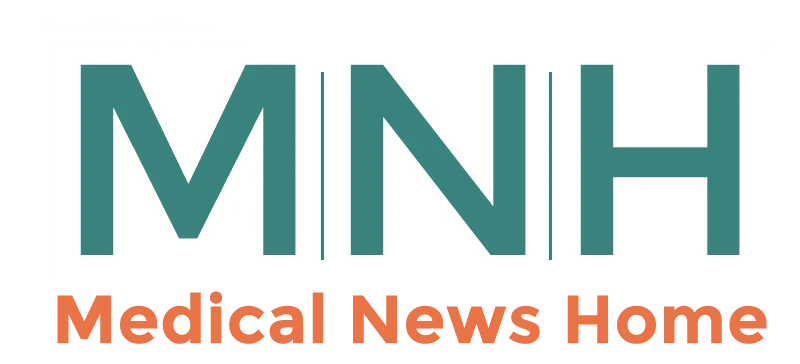Will Medicare Cover Your Home Health Care? What You Must Know
- Updated on: May 6, 2025
- Published on Dec 21, 2023

Patients utilizing Medicare for home health care can expect coverage for medically necessary services prescribed by a doctor, with some out-of-pocket costs for deductibles and non-covered services like full-time custodial care.
For many patients, especially seniors, the question “Will Medicare pay for home health care?” is a critical one. Understanding the nuances of Medicare coverage for home health services is essential, not only for effective healthcare management but also for financial planning. This article aims to provide an understanding of how Medicare covers home health care, the types of services included, eligibility criteria, and the process of accessing these benefits.
Understanding Medicare and Home Health Care
Medicare, a federal health insurance program primarily for people aged 65 and older, also covers certain younger individuals with disabilities. Home health care, a convenient and often necessary service, includes a wide range of health and social services delivered at home to treat illness or injury.
What Home Health Care Services Does Medicare Cover?
Medicare typically covers services that are deemed medically necessary and prescribed by a doctor. These include:
Skilled Nursing Care: On a part-time or intermittent basis, for a condition that’s either expected to improve, stabilize, or requires a skilled care professional.
Physical Therapy: When it’s needed to improve or restore bodily functions affected by illness or injury.
Occupational Therapy: To help regain the ability to do usual daily activities.
Speech-Language Pathology Services: For speech and language impairments.
Medical Social Services: Counseling or help finding resources in the community.
Home Health Aide Services: Limited to personal care services and not full-time custodial care.
Medicare Coverage Details
Part A and Part B: While Part A covers hospital insurance, Part B covers medical insurance including some home health care services.
Medicare Advantage Plans (Part C): These plans may offer additional home health care services. It’s important to check with your plan provider for specifics.
Prescription Drugs and Home Health Care: Medicare Part D covers prescription drugs, which may be part of home health care, but the delivery of these services is typically not covered under Part D.
Eligibility Criteria for Medicare Coverage
To be eligible for home health benefits under Medicare, the following conditions must be met:
Doctor’s Certification: You must have a doctor’s order stating the need for home health services.
Homebound Status: You need to be homebound, meaning it’s extremely difficult for you to leave home due to illness or injury.
Care Planning: The care must be under a plan periodically reviewed by a doctor.
Medicare-approved Agency: Services must be provided by a Medicare-certified home health agency.
Costs and Payment
While Medicare covers a significant portion of home health care costs, there are some out-of-pocket expenses:
Deductibles and Copayments: Depending on the Medicare plan, there may be deductibles or copayments for covered services.
Non-covered Services: Full-time home care, meal delivery, and custodial care are not covered.
How to Access Medicare-Covered Home Health Services
Consult Your Doctor: Discuss your health needs to determine if home health care is required.
Choose a Provider: Select a Medicare-certified home health agency.
Understand Your Benefits: Know what services are covered under your specific Medicare plan.
Regular Assessments: Your care plan should be reviewed and approved by your doctor regularly.
The bottom line
Medicare can provide vital support for those needing home health care, but understanding the specific coverage and eligibility criteria is crucial. Always consult with healthcare providers and Medicare representatives to make informed decisions about your home healthcare needs and coverage options.
Understanding how Medicare covers home health care is crucial for patients who need these services. Proper knowledge ensures that you can access the necessary care while being aware of the financial implications.


